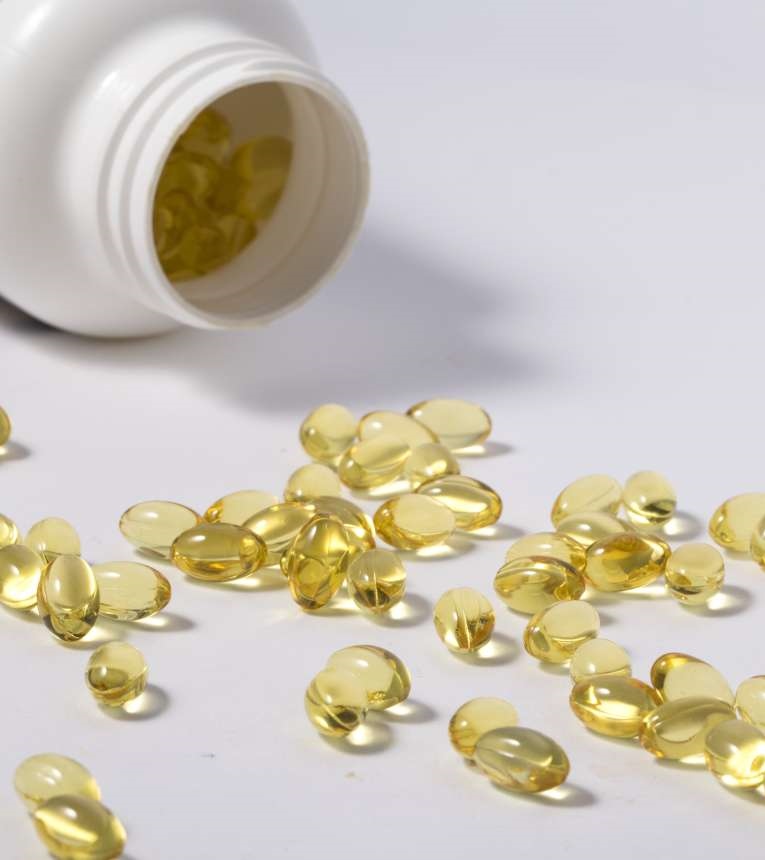Comparing Water-Soluble CBD Soft Gels vs. Oil-Based CBD Capsules: Which Is Better?
As CBD products multiply, shoppers face more choices—and more confusion. Two popular formats are water-soluble CBD soft gels and traditional oil-based CBD capsules. Both promise convenience and consistent dosing, but they differ in how they’re made, how your body absorbs them, how fast they work, and which situations they best serve. This guide breaks the differences down clearly so you can choose the option that fits your goals, budget, and lifestyle.
What these products are (quick primer)
Oil-based CBD capsules contain CBD extract dissolved in a carrier oil (like MCT oil, hemp seed oil, or olive oil) and encased in a soft gel. They’re essentially a measured dose of CBD oil in pill form—easy to swallow and familiar to supplement users.
Water-soluble CBD soft gels use modern formulation techniques—such as nanoemulsion or liposomal encapsulation—to make CBD compatible with water. The CBD is broken into extremely small particles (nanoparticles) and stabilized so it disperses in water-like fluids in the body. That water-friendly CBD is then put into soft gel capsules for convenience.
The central difference: absorption (bioavailability)
The most important difference is bioavailability—the proportion of CBD that actually reaches your bloodstream and becomes active.
Oil-based capsules are fat-soluble. When swallowed, the oil must pass through the digestive system and liver, where a significant portion is metabolized before reaching circulation (the “first-pass effect”). Typical oral bioavailability for oil-based CBD is often cited around 10–20%, though exact numbers vary with formulation and individual differences.
Water-soluble soft gels are engineered to be more water-compatible and often provide much higher bioavailability—commonly reported as several-fold greater than oil-based forms. Because nanoparticles are smaller and disperse better, they can be absorbed more efficiently through the gut and avoid some first-pass losses. Practically, that means more of the CBD you take is available to produce effects.
Why this matters: higher bioavailability can mean you need a smaller dose to achieve the same effect—saving money and reducing the chance of side effects from higher doses.
Onset time: how fast you’ll feel effects
Oil-based capsules: Because they require digestion and processing, onset is usually slower—often 45–90 minutes or more. Effects also tend to build more gradually.
Water-soluble soft gels: Faster absorption often leads to quicker onset, frequently 15–30 minutes in many users. Faster onset is handy when you want timely relief (e.g., situational anxiety or acute discomfort).
If you want speed, water-soluble soft gels typically win.
Consistency and dosing precision
Both formats offer consistent dosing compared to tinctures or edibles—each capsule contains a fixed milligram amount of CBD. That makes either a good choice for routine daily use.
However, because water-soluble formulations provide more predictable absorption, they may produce more consistent effects between doses and between users. Oil-based products can vary more with factors like whether you recently ate, your metabolism, or stomach acid levels.
Taste, convenience, and portability
Taste: Oil-based CBD capsules remove the taste of CBD oil but may still have a faint oily aftertaste if the capsule leaks. Water-soluble soft gels are essentially taste-free because the CBD is encapsulated in a clean matrix.
go to this web-site & portability: Both are extremely convenient—pocketable, TSA-friendly, and discreet. Soft gels are generally preferred by people who want a “pill” experience without measuring or mixing.
Digestion and stomach sensitivity
Some people find oil-based CBD heavy on the stomach or notice minor digestive upset from MCT or other carrier oils, especially on an empty stomach.
Water-soluble soft gels are often gentler on digestion because the formulation disperses in water and may be easier for sensitive stomachs to handle.
Cost and value
Two costs matter: price per capsule and effective dose (how much CBD the body actually uses).
Oil-based capsules are often cheaper per capsule, but because of lower bioavailability, you may need a higher milligram dose to achieve the same result.
Water-soluble soft gels can cost more per capsule due to advanced processing, but their increased effectiveness may reduce the effective cost (you might take fewer milligrams to get the same effect).
For savvy shoppers, compare price per mg absorbed, not just price per mg listed on the label.
Stability and shelf life
Both formats are generally stable when stored properly (cool, dark place). However, water-soluble formulations require sophisticated stabilization to prevent particles from clumping; high-quality products will include stabilizers and proper manufacturing standards. Verify third-party lab testing and expiration dates.
Types of CBD offered (spectrum options)
Both oil-based and water-soluble soft gels can use:
Full-spectrum CBD (contains trace THC within legal limits and other cannabinoids/terpenes for the entourage effect),
Broad-spectrum CBD (other cannabinoids/terpenes but THC removed), or
CBD isolate (pure CBD only).
Choose based on your priorities (drug testing concerns, desire for entourage effect, or strict THC avoidance).
Side effects and safety
Side effects are generally mild for both types: dry mouth, drowsiness, mild digestive upset, or changes in appetite. Because water-soluble forms may deliver more CBD per mg consumed, start with a lower dose and titrate up slowly. Always consult a healthcare professional before combining CBD with prescription medications—CBD can interact with certain drugs metabolized by liver enzymes.
Practical recommendations — which to pick?
Choose water-soluble CBD soft gels if you:
Want faster relief (shorter onset time).
Prefer higher efficiency and possibly lower effective dosing.
Have experienced poor results with oil-based products.
Have a sensitive stomach or dislike oils.
Want consistent effects and are willing to pay a little more for advanced formulation.
Choose oil-based CBD capsules if you:
Are budget-conscious and comfortable taking a slightly higher dose.
Prefer simpler, time-tested formulations.
Want a product that’s widely available and often less expensive per mg listed.
Don’t need rapid onset and are satisfied with gradual effects.
How to choose a high-quality product (both types)
No matter which format you pick, evaluate products on these criteria:
Third-party lab testing (COAs) — confirms potency and absence of contaminants (pesticides, heavy metals, residual solvents).
Clear labeling — exact CBD mg per capsule and full ingredient list.
Hemp source transparency — organically grown, non-GMO where possible.
Extraction method — CO₂ extraction is preferred for purity.
Manufacturing standards — GMP-compliant facilities and reputable manufacturers.
Customer reviews and brand reputation — look for consistent feedback and transparent customer service.
Final thoughts
There’s no absolute “better”—only what’s better for you. If your priority is fast, efficient absorption and you don’t mind paying a premium, water-soluble CBD soft gels are an excellent modern choice. If you want a cost-effective, familiar option and are satisfied with slower onset, oil-based CBD capsules remain a solid, reliable pick.
Whichever route you take, start low, go slow, and prioritize quality over flashy claims. With the right product and dosing, both formats can be effective tools in a personal wellness toolkit.
